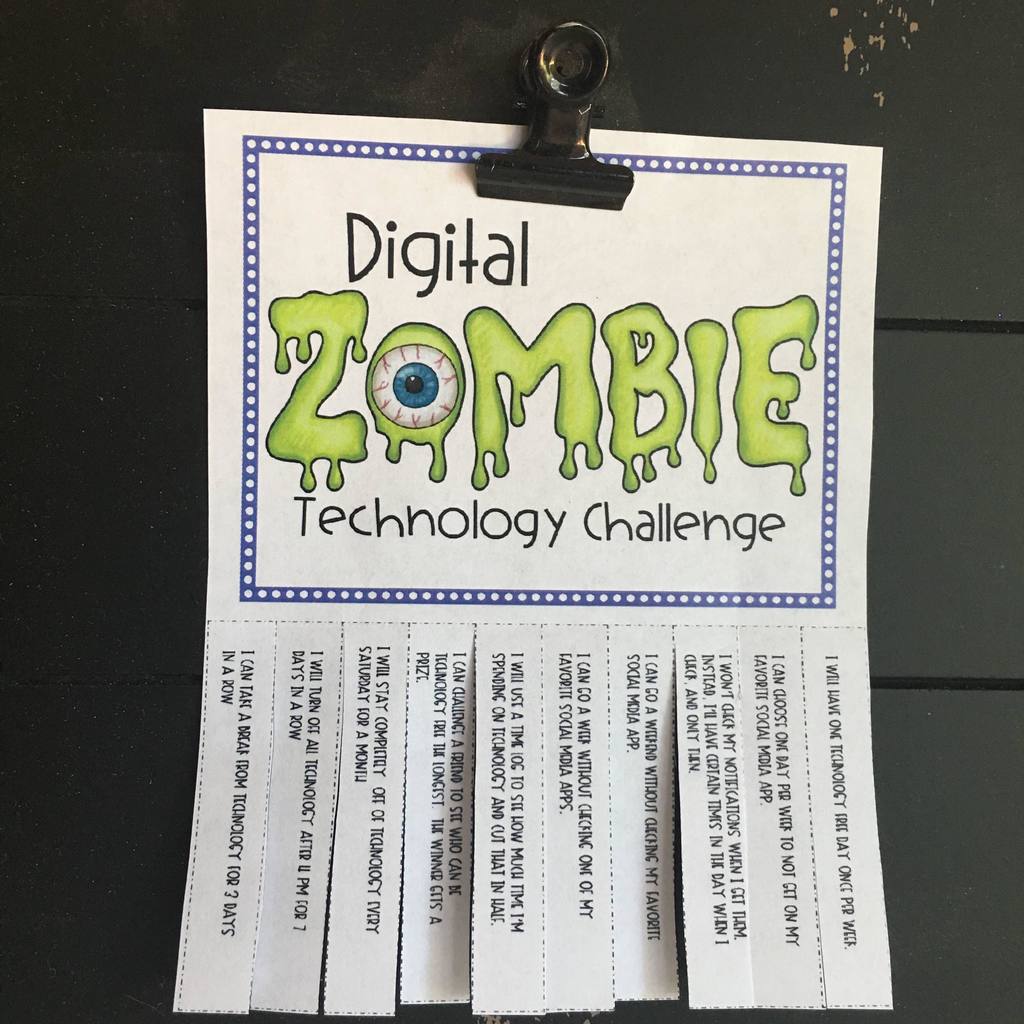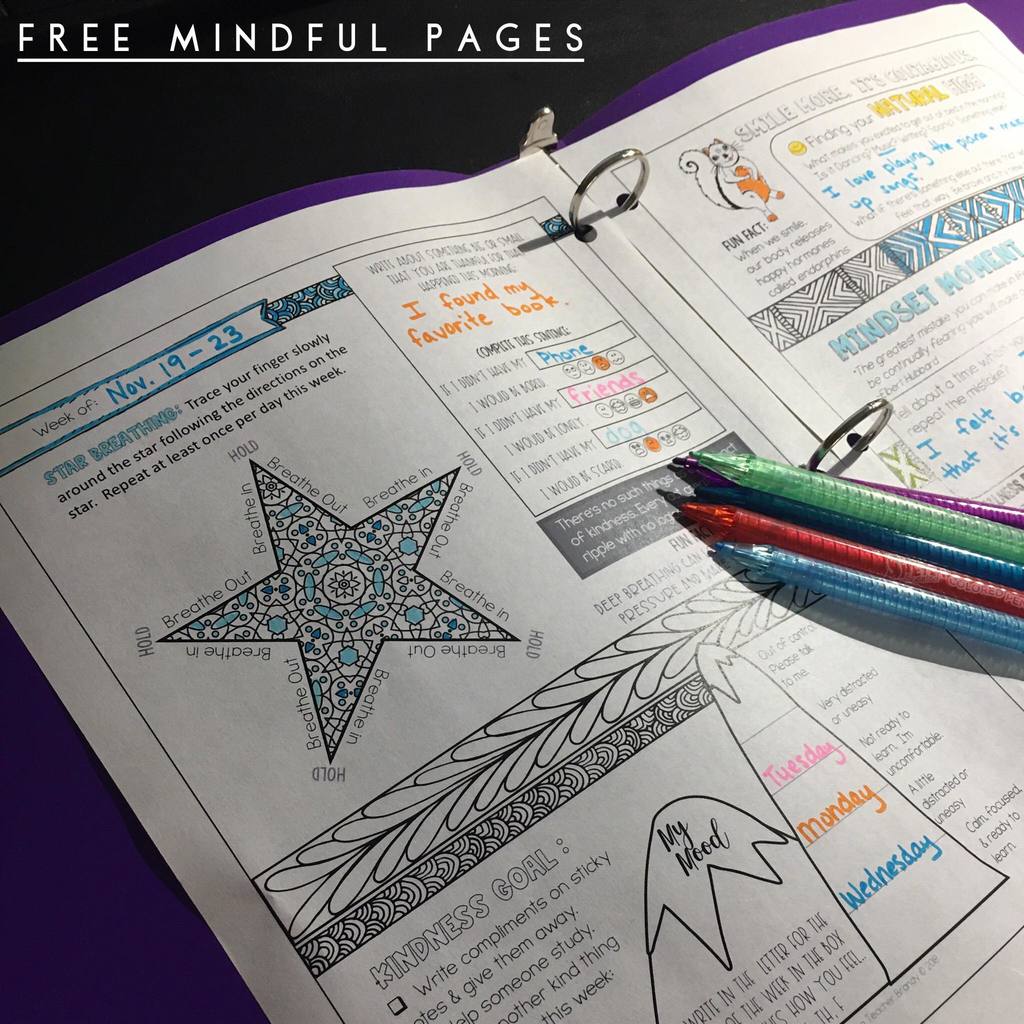What is mindfulness? Simply put, it’s the ability to pay attention to the present moment, without any judgment. Although it may seem like a simple task, it’s actually getting harder and harder to practice in our digital world.
We used to get bored waiting in line, so we would sit and enjoy a simple moment. We might smile and watch the legs of a ladybug as it strolls across a window sill. We would delight in the brightness of its color and the tickling feeling of its tiny feet walking across our hand.
Now we reach for our phones at the slightest hint of a wait. So we miss the ladybug and all of its simplistic splendor. I want to talk about why it’s so crucial to get those moments back. Let’s look at three powerful reasons to teach mindfulness to kids.
Digital Junkies
We are raising technology junkies. When the mind is stimulated by technology, the brain produces a chemical called dopamine. This makes us feel “high.” When the high of technology goes away, our brains feel depleted and bored.
Mindfulness helps you in that moment to cope with that feeling. You learn to be comfortable in the stillness and let that stillness heal the connections in your brain. When you allow your brain that downtime, it uses it to create stronger, more resilient connections that reap huge psychological and physiological benefits.
Practicing daily mindfulness is key to training the brain to slow down and seek solace in the moment instead of seeking that dopamine fix. You can try this free challenge with your students to support their healthy technology habits!
Psychological Benefits
Studies from top scholars around the world are finding over and over again that people who practice regular mindfulness report numerous benefits including being happier and having less stress. They are also better at regulating their emotions and concentrating. This leads to improved friendships, better grades in school and more success in life. It sounds too good to be true. But sometimes, the simplest things in life are the answer. 
Physical Benefits
Probably mostly to do with lower stress levels, those who practice mindfulness also report better physical health. They get sick less often and “feel” better. Lowered stress also reduces the risk of all kinds of diseases. Who wouldn’t want better physical health? Gym teachers would be first in line to teach mindfulness if they knew the power.
With these compelling reasons to teach mindfulness, you would think that every school in every town, in every country would be teaching it. It is catching on, but we aren’t where we need to be.
I found an interesting Ted Talk by Anne Marie Rossi. She discusses the importance of teaching mindfulness in schools. I played it for my 6th, 7th, and 8th graders during the middle of a mindfulness lesson. They were instructed to color a mindful coloring page while listening. You could hear a pin drop in the room.
It’s one of my favorite subjects to teach. The students love it because I’m the only one in the school telling them to stop and do nothing for a moment.
Check out the video: Why Aren’t We Teaching You Mindfulness.
A quote that stands out to me from this video is, “You will be judged by your reaction, not your reasons.” Anne Marie Rossi.
This is so true! Do you have a favorite quote about mindfulness? Let us know!
If you are looking for ready-made mindfulness resources to add to your toolbox, check out this bundle.








